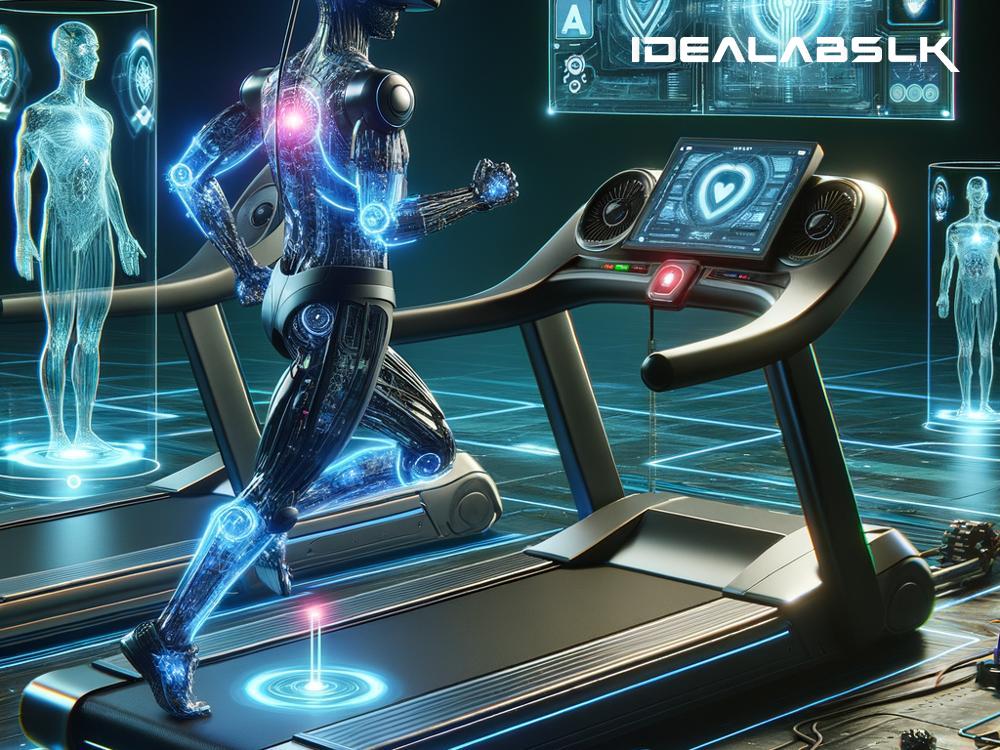How AI Will Change the Future of VR Games in 2025
Imagine stepping into a game where the characters understand your feelings, the environment adapts to your actions in real-time, and no two gaming sessions are ever the same. Sounds like a distant dream? Well, not for long. With artificial intelligence (AI) rapidly evolving, the future of Virtual Reality (VR) games by 2025 is set to be nothing short of revolutionary. Let's dive into how AI is poised to transform VR gaming in ways we've only begun to imagine.
Characters That Understand You
One of the most exciting ways AI will change VR games is through the development of non-player characters (NPCs) that can understand and react to your emotions and actions. Imagine playing a VR game where the characters can detect if you're happy, sad, frustrated, or bored, and then adapt their behavior in response. They could offer help, challenge you more, or change their storyline to better suit your mood. This incredible leap will be possible thanks to advancements in AI that allow for deep emotional recognition and responsive, dynamic storytelling.
A World That Adapts to You
Virtual worlds are about to get a lot more interesting. Thanks to AI, we're heading towards a future where the game environment itself can change in real time based on how you play. Think about walking through a virtual forest that grows denser or clears up depending on your actions, or a mysterious cave that reveals new paths based on your decisions. This level of dynamic responsiveness will make VR games feel more real and immersive than ever before.
Learning as You Play
AI isn't just about making games smarter; it's also about making them more personalized. By 2025, we expect VR games to use AI to learn from your playing style, preferences, and behaviors. This means games could become easier or more difficult based on your skill level, suggest content that fits your tastes, or even create entirely new challenges designed just for you. Your VR gaming experiences will become more tailored to what you enjoy most, providing a level of personalization we've yet to see in the gaming world.
Limitless Content
One of the biggest game-changers (pun intended) that AI brings to VR is the concept of procedurally generated content. This means AI can continuously create new game environments, challenges, and scenarios without human intervention. You could explore endless dungeons, vast alien landscapes, or constantly changing puzzles that are unique every single time you play. This not only extends the replayability of games but also ensures that the content remains fresh, engaging, and surprising.
Better Performance and Accessibility
Beyond changing the gameplay experience, AI will also revolutionize the technical side of VR games. By optimizing performances, AI can ensure that VR games run smoothly on various devices, making high-quality VR gaming more accessible to everyone. Additionally, AI can help overcome one of VR gaming's biggest challenges: motion sickness. By predicting and adjusting to player movements, AI could significantly reduce discomfort, opening up VR gaming to a broader audience.
A Social Revolution
Finally, AI is set to transform the social aspect of VR gaming. Imagine virtual social spaces where AI-driven avatars can express a wide range of human emotions and behaviors, making online interactions feel more genuine and lifelike. AI could also translate languages in real-time, breaking down barriers and allowing players from different parts of the world to connect and play together as never before.
The Road Ahead
While these prospects are incredibly exciting, they also come with their share of challenges and ethical considerations. Issues around privacy, data security, and the potential loss of human jobs to AI are paramount. As we march towards this AI-driven future, it's essential for developers, players, and regulators to engage in open dialogues to ensure that the evolution of VR gaming remains beneficial, ethical, and inclusive for all.
In conclusion, by 2025, AI is poised to radically transform VR gaming, making games more immersive, personalized, and accessible than ever before. From emotionally intelligent characters to endlessly dynamic worlds, the future of VR gaming holds endless possibilities and challenges that are sure to captivate players and industry insiders alike. As we edge closer to this future, one thing is clear: the convergence of AI and VR holds the key to unlocking experiences beyond our wildest dreams. The game, as they say, is about to change.

